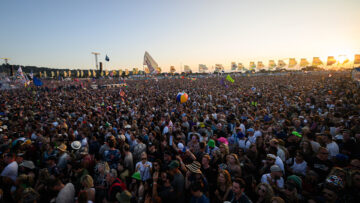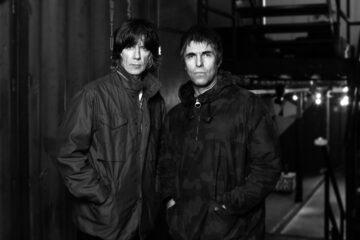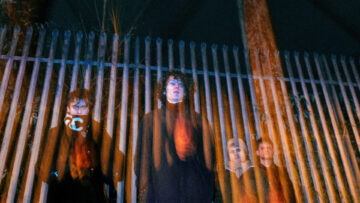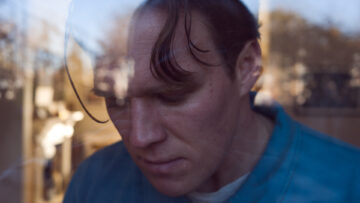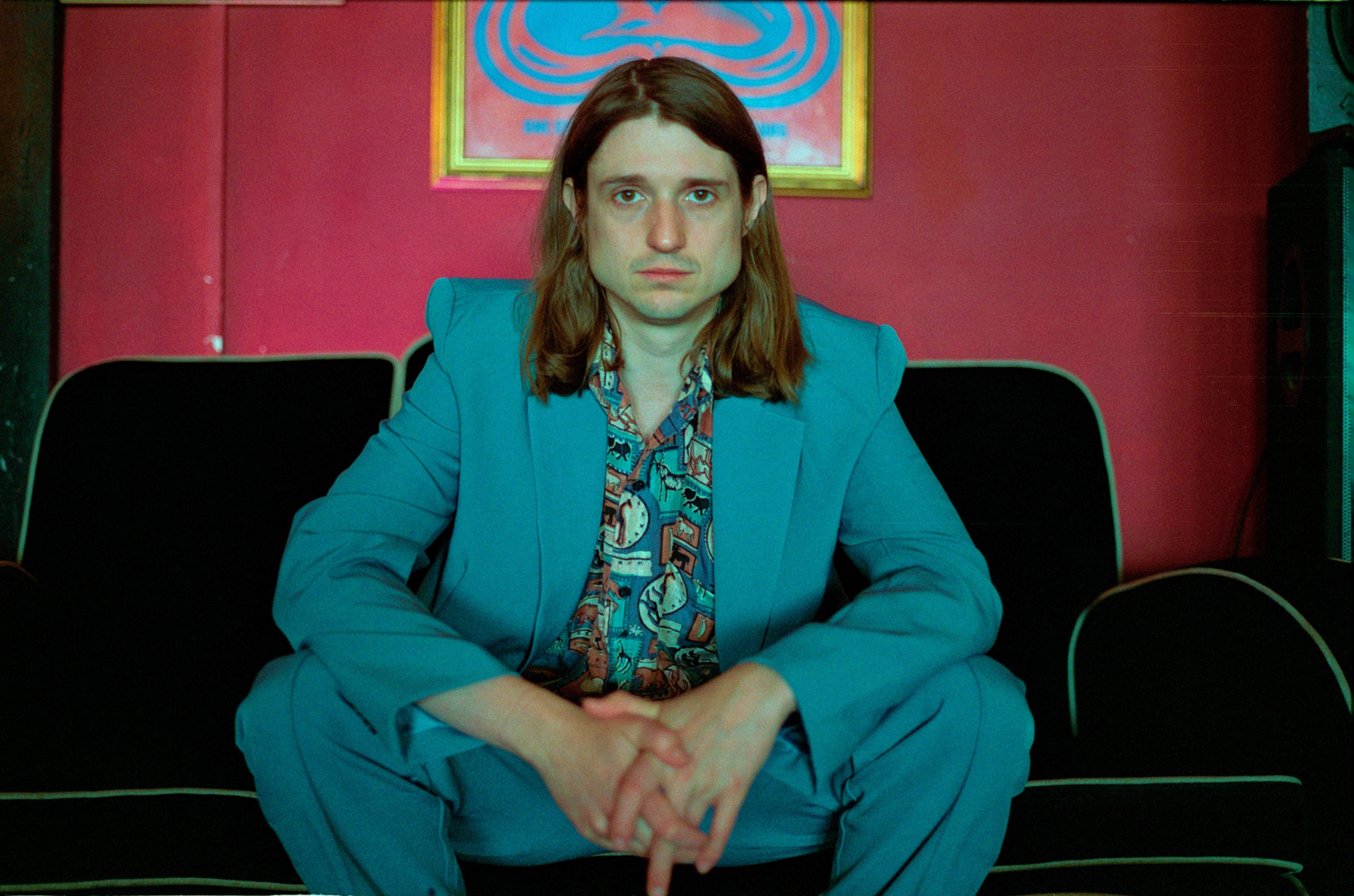
In a wide ranging interview ahead of his new album, DC Gore talks about better understanding what it means to be British, and the difficult way he learned to write songs.
“I’m quite preoccupied with the idea of failure,” says DC Gore, when asked about inspirations behind his amorphously titled debut album, All These Things. “It’s quite a British quality. I think there is a national attitude where we enjoy failure, watching people fall flat on their face.”
Some people are more interesting to talk to than others and DC Gore falls on the right side of that oversimplification. He’s well-spoken and well-read. Almost every one of his answers is surprising. He’s careful when choosing his words, but when he does, he talks freely and unaffectedly. His inspirations, both professional and personal, seem to be as much literary, societal or comedic as they are musical – J.G. Ballard and Chris Morris are cited more often in our conversation than Damon Albarn or Jarvis Cocker.
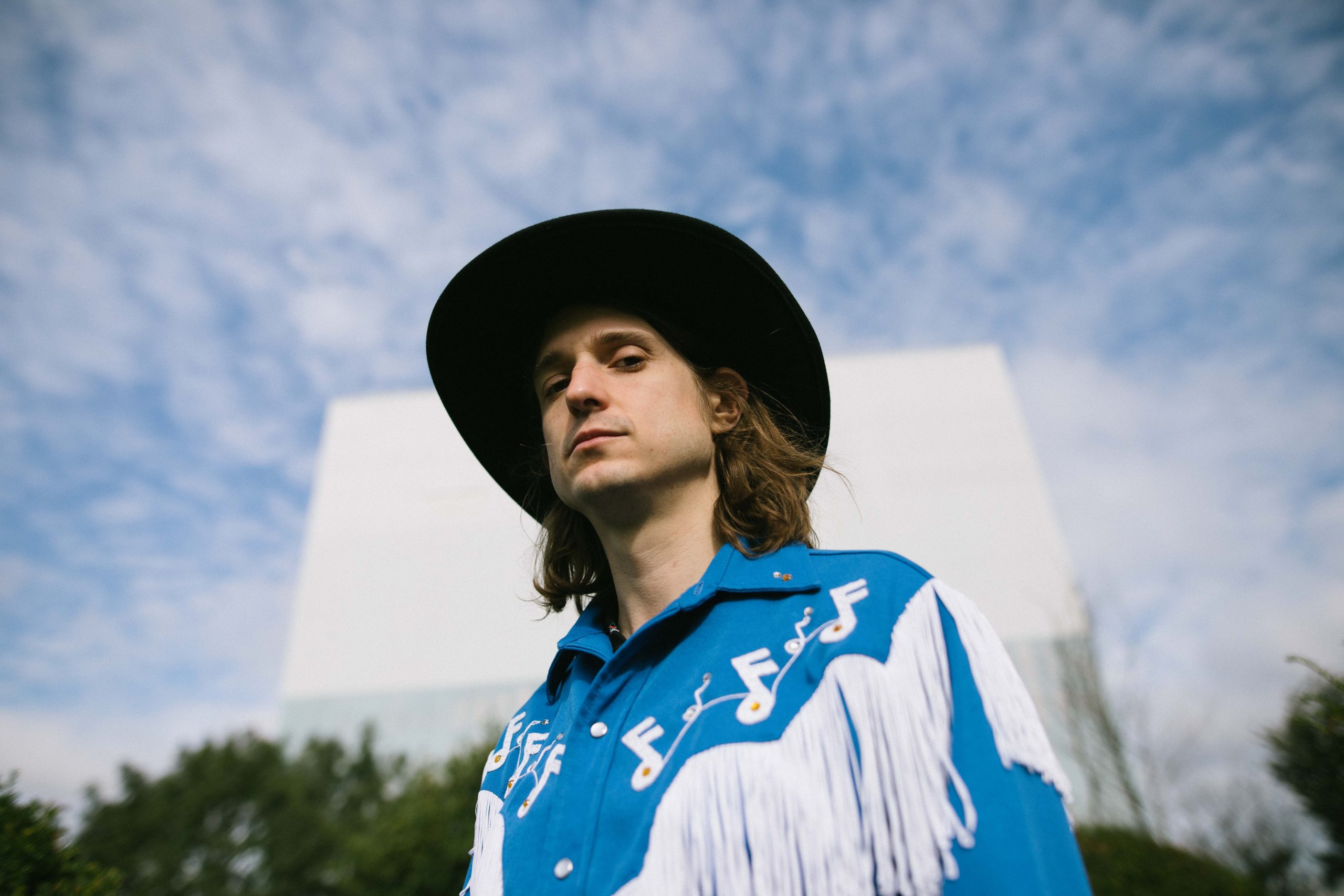
Photo Credit: David J East
The songwriter hails from “an M25 junction”, though which particular one he’d rather keep a mystery. “They’re all the same,” he laughs. He’s moved into London now, but still we speak at decent length about suburbia, both American and British. “It’s a big fascination of mine. These places where nothing’s really going on and it’s just residential, and all the sort of weird shit that happens there with people just living to procreate.
“Towards the end of lockdown, Craig, my manager, and I were just driving around and having a look – seeing what’s there. Because it’s fascinating, and I think it has really shifted how I perceive what it is to be British, rather than just living in my little village of London.”
All These Things is DC Gore’s first album, with his solo act emerging from the dissolution of his former band, Little Club. They were a predominantly electronic trio. As an individual artist, Gore’s album is still laden with synths, but there is also a softer, more acoustic quality. The album is out July 29, with the final supporting single, ‘Sisyphus’, out this week.
“It’s a taster of what’s coming, isn’t it?” he says of the singles out to date. “I still very much enjoy the idea of making things around an album structure. I know people are moving away from that, but I think the way I write it, conceptually, I do hear it in blocks.
“I remember, Vampire Weekend, I think it was, talked about their first three records as chapters in a book. They are very much linked, but they’re also distinct entities in themselves.
“So the way that I made the record, I wanted it to feel like one thing. The singles are just sort of moments within that, that reflect different feelings or imagery at that time.
“I mean, I’m quite repetitive in terms of what I talked about lyrically. So, you know, I like the idea of there being themes and things that are developed across multiple tracks.
At his mysterious M25 junction, Gore grew up the son of two musicians. “I was one of those,” he chuckles, “not that I could really learn from my parents. I don’t know if you’ve ever tried to learn things from your parents, but when I was a kid my mum tried to teach me guitar, and was trying to teach me the piano for years. I wasn’t having any of it.
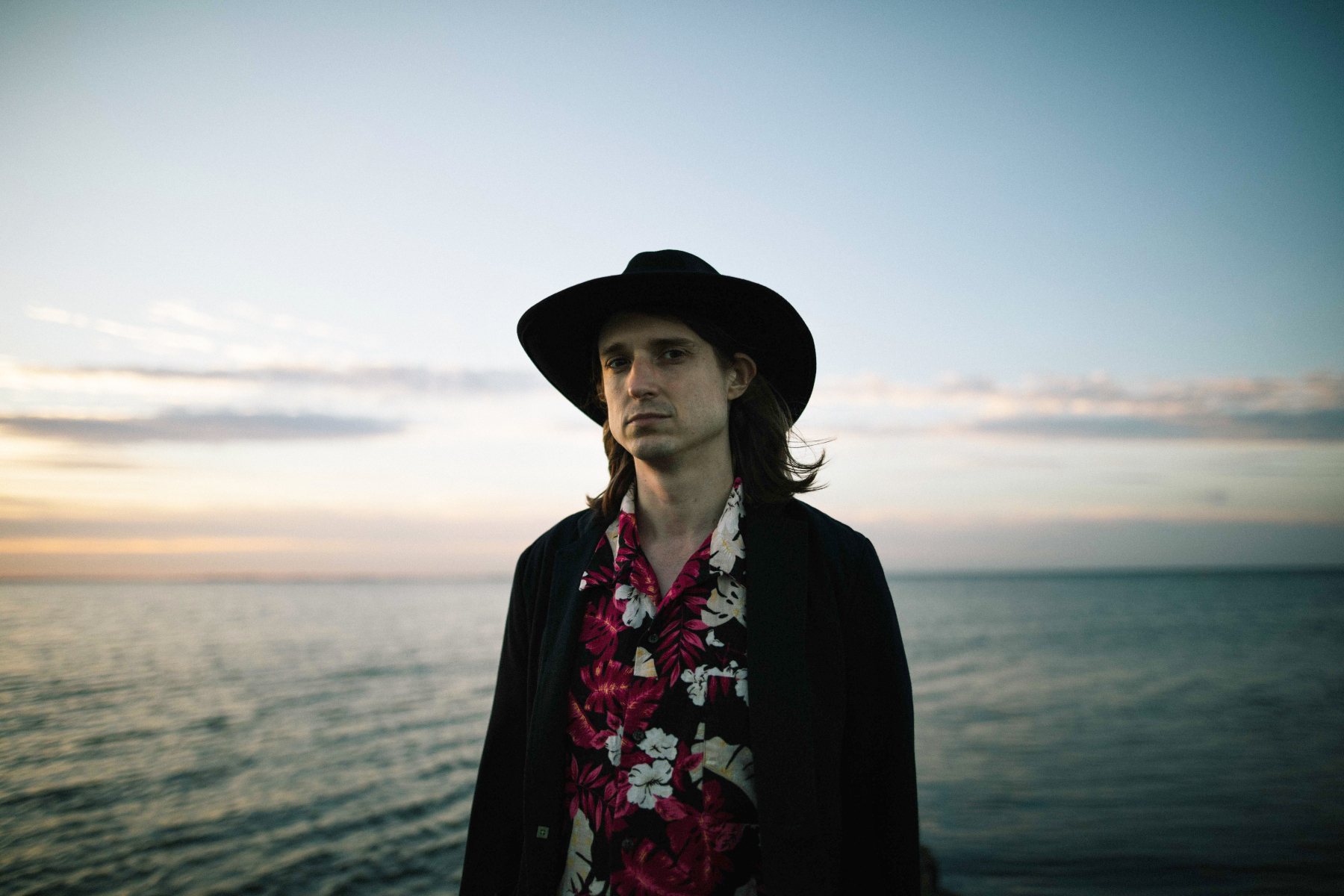
Photo Credit: David J East
“I grew up around a lot of classical music and jazz music, and then we had a lot of weird neighbours who introduced me to synth pop and progressive rock and things, so I was very interested in the instrumental side of things. But when I started looking at music in terms of words, and the writers I was interested in, I started to write songs from the lyrical perspective first and then finding music that fits around it, rather than the other way round.
“The first proper song I wrote was when my mum passed away, quite suddenly. I was – it was a long time ago and I wrote a song for her funeral. That was the first thing I wrote where afterwards I was like, ‘Alright, this is what I do.’”
It’s an impossibly difficult way to come to this realisation.
“I guess it just made me feel a lot better,” Gore continues. “Not better maybe, but it made me feel like I had something, because I don’t think I could really play a lot of the music that my mum and my dad loved. I’ve got a pretty good facility on guitar and piano, but you know, I was never going to be playing Segovian concertos. So, for me, finding something that was my own and was my expression of what they taught me was really important. It changed me massively.”
All These Things has been in the works for the best part of three years now, changing drastically during that time. “It completely transformed and came together in a different way over lockdown, partly because we were all trapped inside, so you have more time to move the blocks around and try things out, and then also there’s some interesting ways in which we started working remotely, which we weren’t doing prior to that. Lockdown just completely shifted how I make things. After that, it’s just been trying to make sense of it and bring it into the world.”

